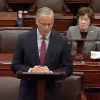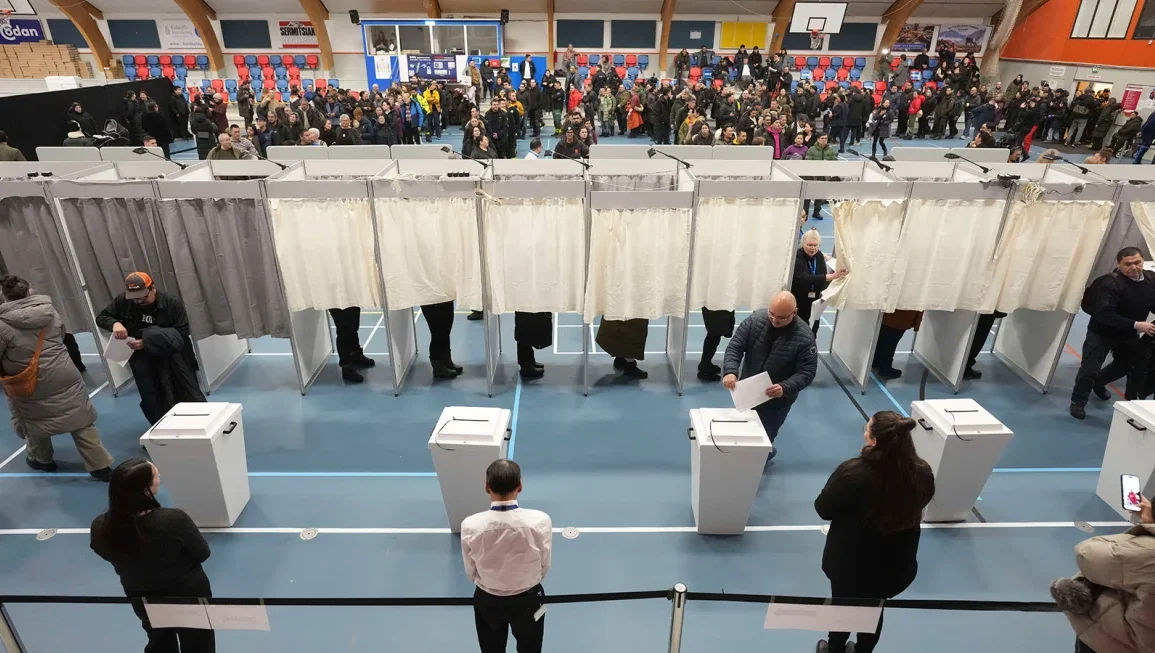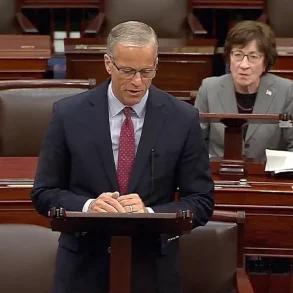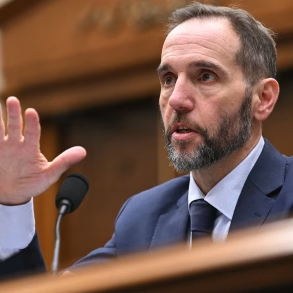In a surprising turn of events, Greenland’s center-right Demokraatit Party has emerged as the dominant force in the island’s parliamentary elections, securing nearly 30% of the vote—more than tripling its previous support. This victory marks a major shift in Greenlandic politics, as the island continues to grapple with its long-standing independence debate and increasing pressure from external powers, particularly the United States under President Donald Trump.
The elections, held on March 11, 2025, came against the backdrop of Trump’s renewed interest in acquiring Greenland, a strategic Arctic territory rich in natural resources. Trump recently reiterated his ambition, telling Congress, “We need Greenland for national security. One way or the other, we’re gonna get it.” His statements have heightened concerns in Greenland, Denmark, and beyond, fueling discussions on sovereignty and self-determination.
While Demokraatit and the second-place Naleraq Party (which secured 25% of the vote) both favor Greenland’s independence from Denmark, they differ significantly in their approach. Naleraq supports immediate steps toward breaking away, while Demokraatit advocates a gradual transition, focusing first on economic stability and infrastructure development. Party leader Jens-Frederik Nielsen, 33, emphasized the need for unity in the face of increasing international interest. “Greenland needs us to stand together in a time of great interest from outside,” he said after the results were announced.
Prime Minister Mute Bourup Egede, leader of the Inuit Ataqatigiit (IA) party, called the early election in February, citing the need for national unity during a historically critical period. However, his party suffered a significant decline, securing only 21% of the vote—a sharp drop from its dominant 36% in the previous election. Siumut, another traditionally strong political force, fell to fourth place with just 14% of the vote.
The shift in power means Greenland’s next government will be shaped by coalition negotiations, with Demokraatit at the center of discussions. “People want change … We want more business to finance our welfare,” Nielsen told reporters. “We don’t want independence tomorrow, we want a good foundation.”
Greenland, which has governed its domestic affairs since 2009, remains under Danish control for foreign policy and defense. Danish officials have expressed concern over the geopolitical pressure Greenland faces, with Danish Defense Minister Troels Lund Poulsen stating that any decision on Greenland’s future must be made by its people. “It’s not the case that you can just take part of the Danish Realm,” he said.
The election results highlight the growing divide over how Greenland should navigate its path to sovereignty while managing external pressures. With the Arctic’s strategic importance increasing due to climate change and global rivalries, the stakes have never been higher. As coalition talks begin, one thing is certain: Greenland’s political landscape has changed, and the island’s future is now more uncertain—and more globally significant—than ever before.








